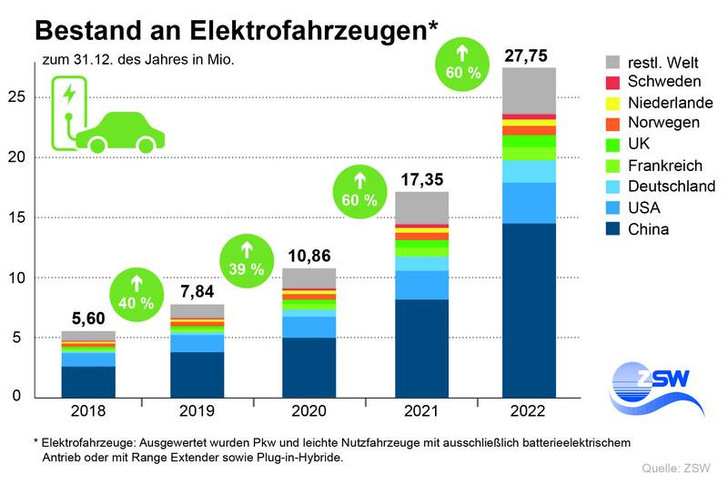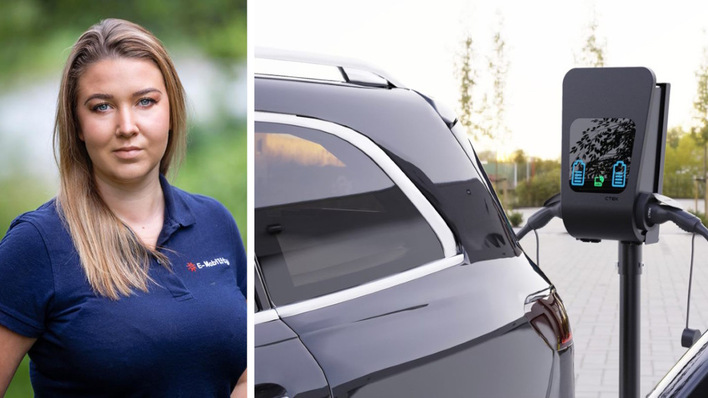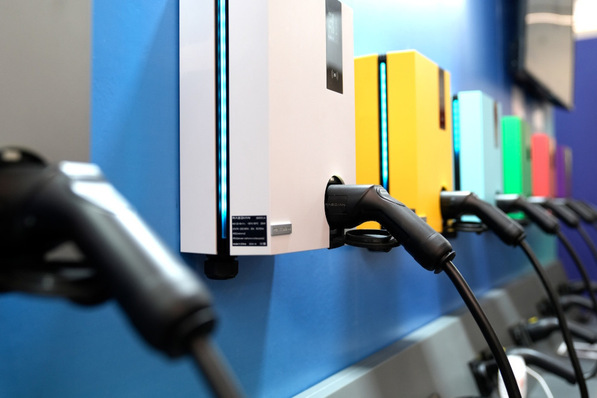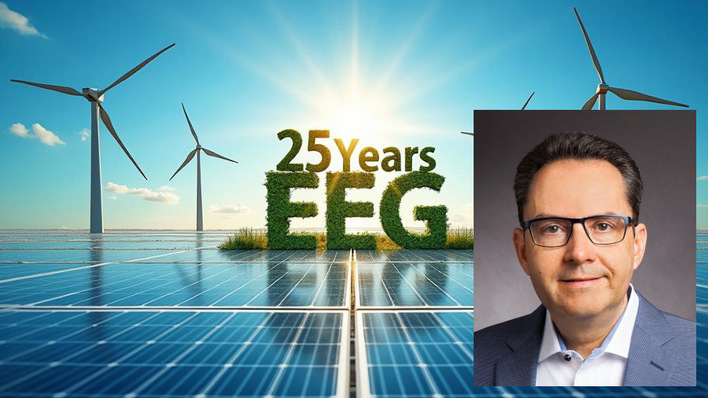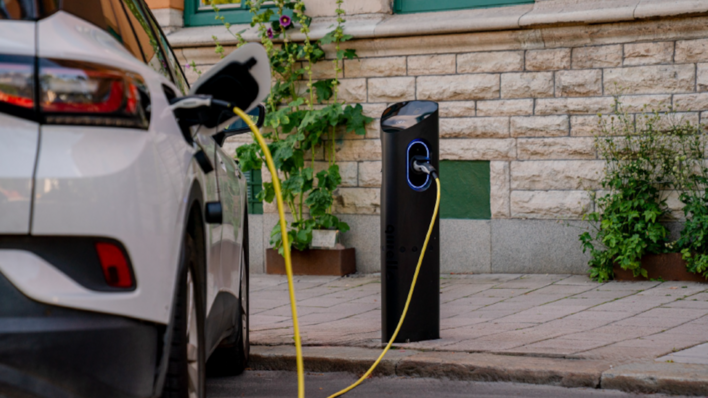The market for electric vehicles is booming: 10.8 million electric cars were newly registered worldwide last year. In Germany alone, sales were around 830,000 electric cars. That is almost a third of the good 2.65 million newly registered passenger cars in 2022. This means that there are now almost 1.9 million electric cars on German roads - 59 percent more than in 2021, according to the latest figures on electric mobility from the Centre for Solar Energy and Hydrogen Research Baden-Württemberg (ZSW).
Germany becomes the third-largest single market
This means that Germany is now the third-largest single market for electric cars - after China and the US. China is far ahead of the pack. Chinese customers bought a total of 6.5 million new electric vehicles last year. That corresponds to a global market share of over 60 percent.
See also: Power2Drive Europe 2023 reflects strong e-mobility boom
Andreas Püttner from the ZSW attributes the rapid development in China to the government's subsidy measures and the relatively low prices. This is especially true for Chinese models. German companies such as VW, BMW and Mercedes - traditionally strong in China with combustion engines, but relatively weak with EVs - have been overtaken by this pace.
Norway still in the lead
However, Norway still has the largest share of electric cars in the total vehicle population. There, electrically powered passenger cars are ubiquitous on the roads. As many as 25 percent of all vehicles in Norway are powered by electric motors - and the trend is rising. This is because 80 percent of newly registered cars in Norway are electric. By comparison, the share in Germany is a good 3.8 percent. "The figures clearly show that the global trend towards sustainable mobility will continue unabated in 2022 despite many crises," Andreas Püttner sums up the results.
"However, if Germany wants to reach its self-imposed target of 15 million electric vehicles by the end of 2030, at least twice as many vehicles as in 2022 must be newly registered in this country every year," he describes the necessary direction of development.
Prices must come down
For this to happen, the prices for electric cars must still drop significantly. The biggest cost factor is still the battery. But an increasing market driver is sustainability, which plays a role for more and more car buyers. Battery manufacturers can also start here, which would have further advantages. If the critical raw materials were replaced, batteries would become cheaper and also more efficient, the experts from the ZSW emphasise.
Replacing critical materials
That's why the ZSW researchers are tackling this very issue. By combining new concepts for storage materials, the components used and the cell structure, the energy density is to be increased. The aim is also to significantly reduce the use of critical or strategically important raw materials such as copper, cobalt, nickel and natural graphite.
Also interesting: Volvo delivers 74-tonne electric truck
"By recycling batteries, we can effectively close raw material cycles and reduce our dependence on raw materials from politically unstable regions in the medium to long term. In this way, we cover several dimensions of sustainability at once," explains Peter Axmann, head of battery materials research at ZSW in Ulm. (mfo)


